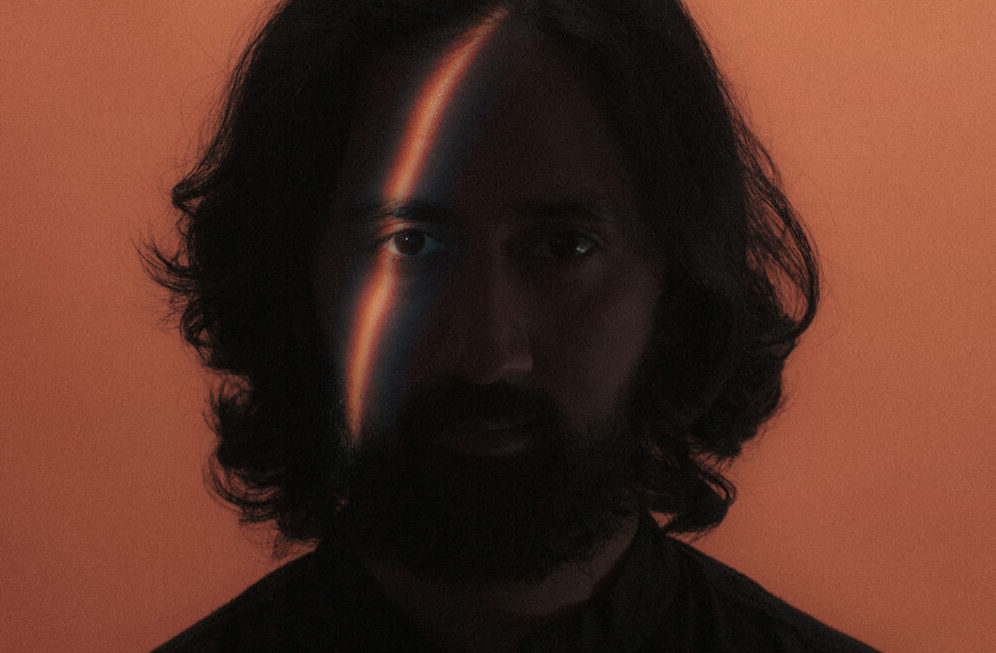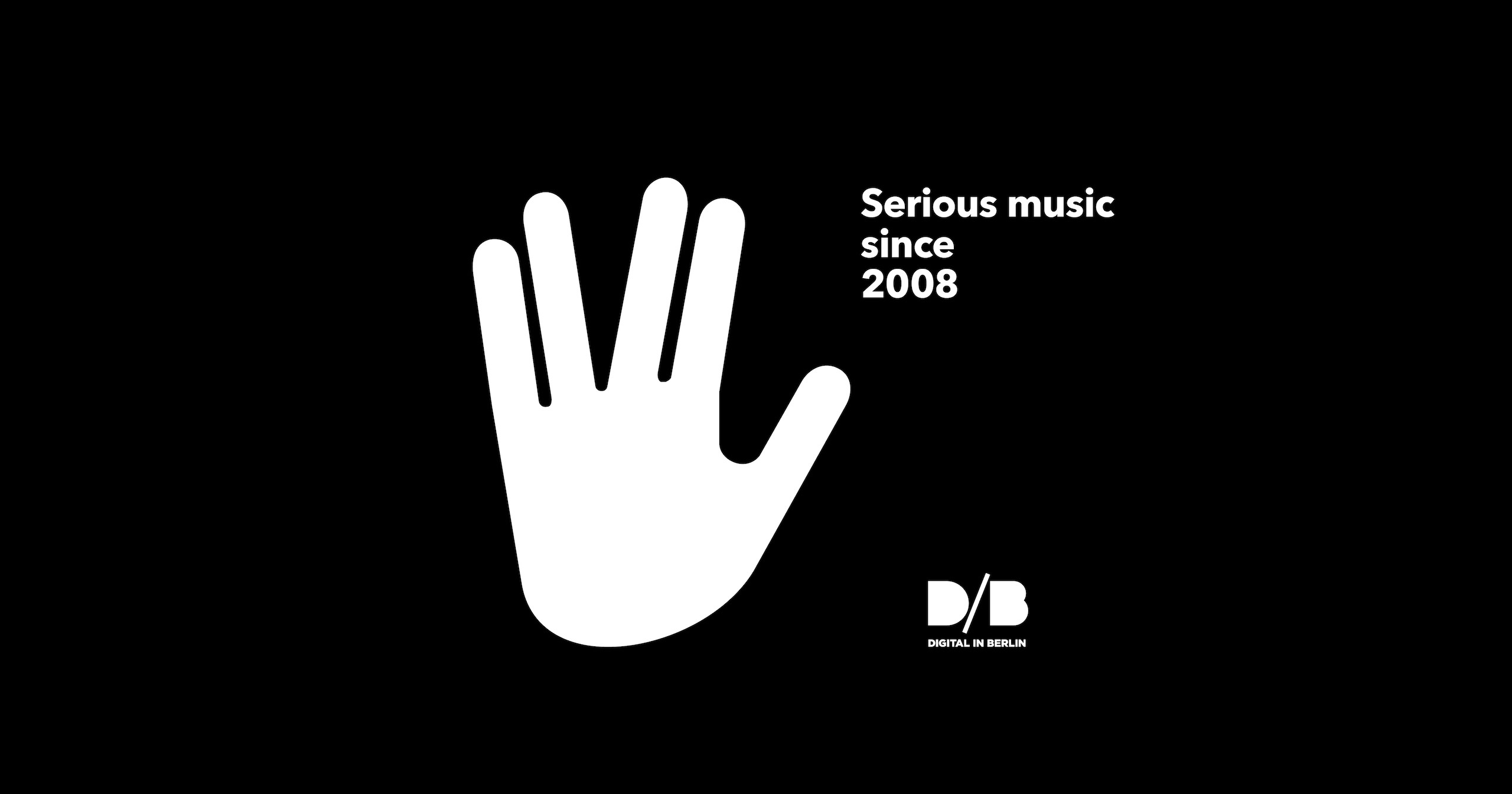Born in the US, Sarathy Korwar grew up in Ahmedabad and Chennai in India. He began playing tabla aged 10, but was also drawn to the American music that he heard on the radio and leaking through the doorway of his local jazz music shop (Ahmad Jamal and John Coltrane were early discoveries). At 17, Korwar moved to Pune to study Environmental Science, but instead dedicated his time to music, practising tabla, translating his skills to the western drum kit and playing as a session musician. A decade ago, he moved to London where he trained as a classical tabla player, focusing on the adaptation of Indian classical rhythmic material to non-Indian percussion instruments.
Korwar has since established himself as one of the most original and compelling voices in the UK jazz scene, leading the UPAJ Collective – a loose band of South Asian jazz and Indian classical musicians brought together through a love of collaboration and improvisation who set up a residency at the Jazz Café in London. Korwar’s daring debut album, ‘Day To Day’, recorded with the support of the Steve Reid Foundation, was released by Ninja Tune in 2016. The album fused traditional folk music recorded with the Sidi community in India (combining East African, Sufi and Indian influences) with contemporary jazz and electronics.
FACTS:
1: The cigarette lighter was invented before the match stick
2: Certain broods of cicadas spend years underground, and only come out every 17 years
3: Racism is an illegitimate position
QUESTIONS:
1. What is the biggest inspiration for your music?
Music, itself!
2. How and when did you get into making music?
I started playing the tabla when I was 8. I come from a family with a musical background – both my parents sing, and I was encouraged to go for whatever I fancied. I have been interested in the drum-kit since I was 13, and started learning how to play it when I was 16.
3. What are 5 of your favourite albums of all time?
The Doors – The Doors
The Beatles – White Album
Don Cherry – Organic Music Society
Jaimeo Brown – Transcendence
Terry Riley – In C
4. What do you associate with Berlin?
The obvious things – techno, brutalism, Bauhaus. But also spending the summer days walking in the streets, eating ice-cream in a park, and cycling on an Uber bike – these are recent memories.
5. What’s your favourite place in your town?
London is underrated when it comes to green spaces. The Hampsted Heath is my favorite spot to go for a walk, at any season. I discover new “pockets” of it every time I visit.
6. If there was no music in the world, what would you do instead?
Be the first to make music!
7. What was the last record/music you bought?
I bought a compilation album titled “Manara Presents: International Spice Mix”. It’s banging!
8. Who would you most like to collaborate with?
Charles Lloyd, Toumani Diabaté, Björk and Billy Martin.
9. What was your best gig (as performer or spectator)?
Recently I attended the Art Ensemble of Chicago’s 50th year anniversary concert. It blew me away!
They are pushing boundaries and still make fresh-sounding music after having been together so long. I admire their spirit, and focus.
10. How important is technology to your creative process?
In that sense, I feel I’m getting closer to technology, especially because of the advancements in how interactive it can be with my own creative process, in the development of new sounds, and ways of imagining music. It is becoming integral to the way I conceive future music.
11. Do you have siblings and how do they feel about your career/art?
I’m a spoiled single child. My parents have always been very supportive of my music, and I wouldn’t have made it this far without their openness and laid-back attitude.
Sarathy Korwar is set to perform in Berlin alongside the UPAJ Collective at New Norient Space Launch event: On Music: Life after music magazines – The Norient way, on 5th March, 19:00 at Weltwirtschaft am HKW. The event will feature talks by Theresa Beyer (music and culture journalist, Norient), Faisal M. Khan (curator, Akaliko Collective), Bryan Little (film director, “The African Cypher”), Jenny Fatou MBaye (Center for Culture and the Creative Industries, City University of London), Kamila Metwaly (music journalist, musician, curator at Savvy Contemporary) and Ali Gul Pir (rapper, satirist).
Image credit: ISN’T IT ODD

